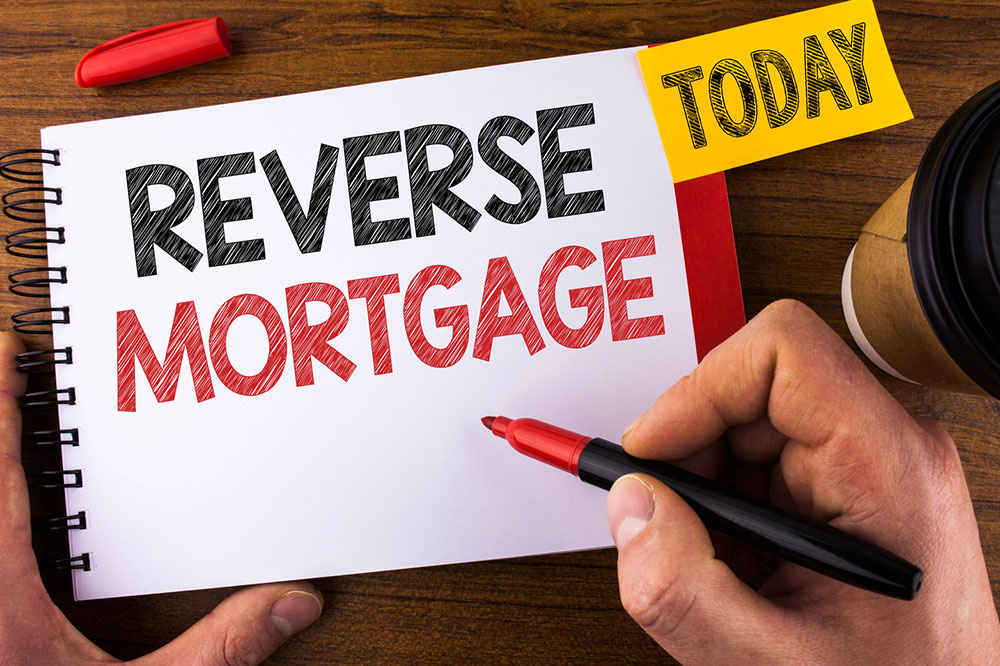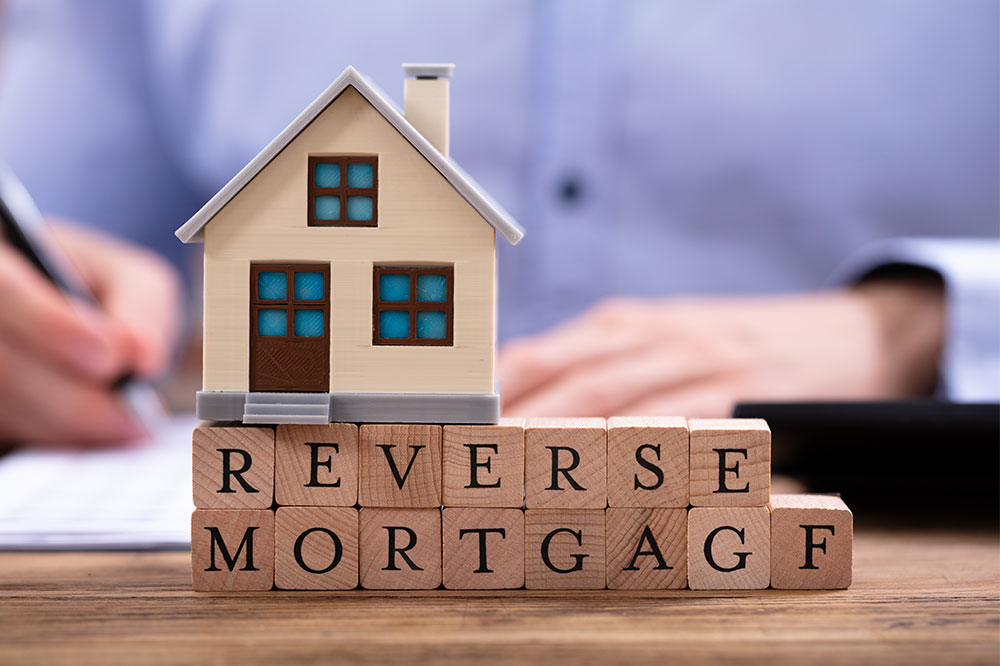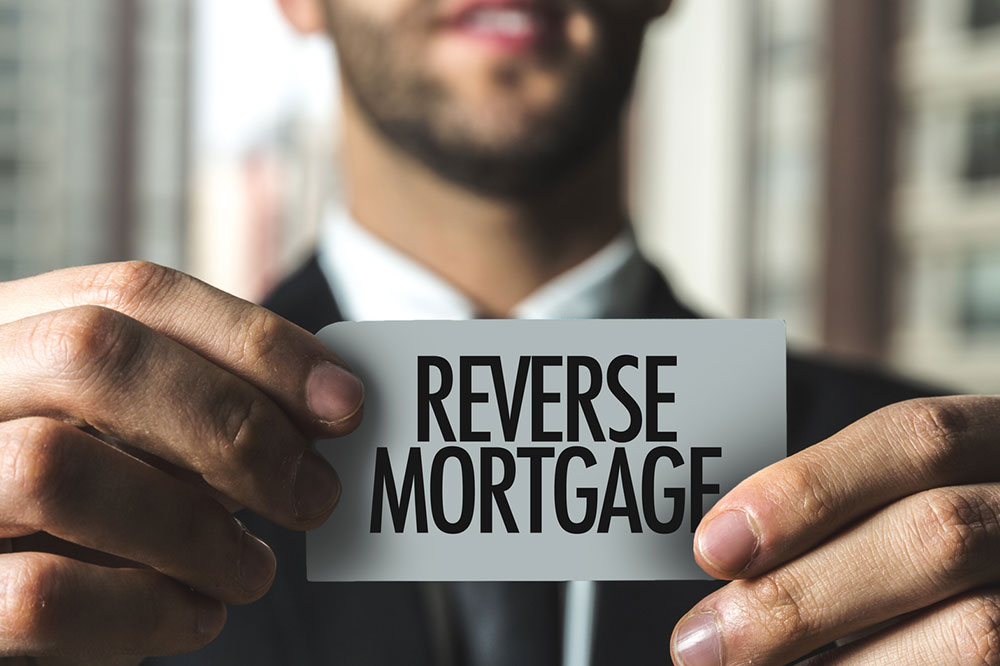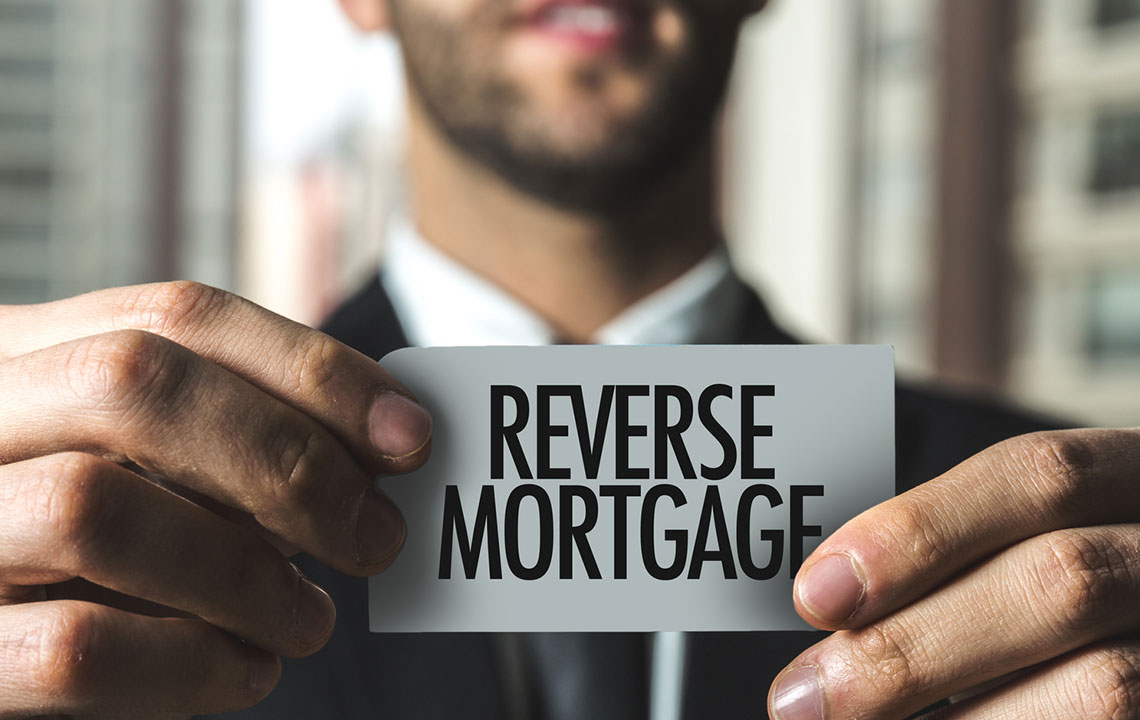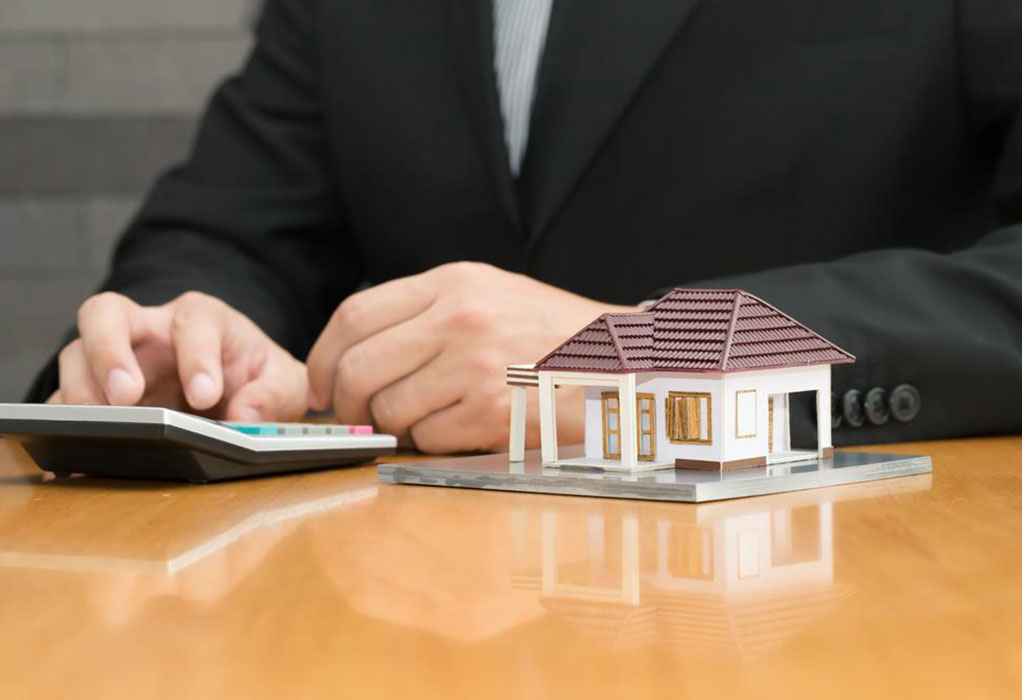Comprehensive Guide to Qualifying for a Reverse Mortgage in 2024
Learn everything about qualifying for a reverse mortgage, including age, residence, property condition, and financial requirements. This detailed guide helps seniors understand the criteria needed to access funds via reverse mortgages, ensuring informed decisions for a secure retirement. Discover how personal circumstances, home type, and financial health influence eligibility and how to prepare for the application process effectively.

In-Depth Understanding of Eligibility Criteria for Reverse Mortgages
A reverse mortgage is a specialized financial tool designed for seniors, allowing homeowners aged 62 and above to unlock the equity built up in their homes. By borrowing against their property's value, eligible homeowners can access funds in various forms—lump sums, lines of credit, or monthly installment payments—to support retirement, healthcare needs, home improvements, or other expenses. This comprehensive guide delves into the detailed requirements and qualifications necessary to qualify for a reverse mortgage, ensuring homeowners understand each aspect before proceeding.
Securing a reverse mortgage involves meeting several key eligibility criteria, each vital to ensure the borrower’s ability to repay and the financial stability of the loan. Let’s explore each requirement thoroughly.
The primary qualifications include:
Minimum Age Requirement
Applicants must be at least 62 years old at the time of application. This age threshold is set to ensure that the loan benefits target seniors. In some cases, if a spouse is younger but resides in the home and is on the title, eligibility considerations might apply under certain circumstances. This age criterion is crucial because reverse mortgages are intended as tools for retirement planning and income supplementation.
Primary Residence Status
The home must serve as your primary residence. This means you should live in the property most of the year. Secondary homes, vacation properties, or investment properties generally do not qualify for reverse mortgage programs, which are designed primarily to assist homeowners who live in the property as their main dwelling.
Mandatory Counseling Session
Before approval, applicants must participate in a housing counseling session with an HUD-approved counseling agency. This session provides comprehensive information about reverse mortgages—how they work, repayment obligations, associated costs, and alternatives—ensuring borrowers make informed decisions. This counseling is a critical requirement designed to protect consumers and promote transparency in the process.
Home Equity Threshold
A key financial requirement involves equity. Typically, homeowners need to have accumulated at least 50% home equity to qualify. This means the existing mortgage balance plus any other liens on the property must be less than 50% of its appraised value. The precise amount of equity influences the loan eligibility and the amount that can be borrowed, directly affecting how much cash or credit is available.
Property Qualifications for Reverse Mortgage
Beyond personal and financial qualifications, the property itself must meet specific standards to be eligible for a reverse mortgage.
Eligible Property Types
The types of properties that qualify include single-family homes, two-to-four-unit buildings, approved condominiums, and certain townhomes. Properties must be FHA-approved if applicable. Ownership structure and property type significantly influence loan limits and eligibility, so consult with your lender to confirm eligibility for your specific property.
Property Condition The home must be in good condition, properly maintained, safe, and structurally sound. It cannot have significant repairs or safety issues that could compromise its value or safety. A property inspection may be required to verify its condition, and necessary repairs should be completed prior to approval to meet standards.
Financial and Personal Criteria for Qualification
Financial health and personal circumstances play a pivotal role in the qualification process:
Income and Asset Verification
Lenders will review your overall financial picture, including income sources, savings, investments, and other assets. This assessment helps determine your ability to meet ongoing obligations, such as property taxes, homeowner's insurance, and maintaining the home. Additionally, any debts, including HOA fees or existing mortgages, will be considered to evaluate your financial stability.
Credit Score and Payment History
A comprehensive credit report is obtained to analyze your creditworthiness. While reverse mortgage approval does not heavily penalize lower credit scores, a good payment history indicates responsible financial behavior, reassuring lenders about your ability to manage property-related expenses and other debts.
By satisfying these eligibility criteria—age, residence status, counseling, equity, property type, condition, and financial health—homeowners can secure a reverse mortgage tailored to their retirement needs. It’s an excellent financial tool for seniors seeking to leverage their home equity responsibly, providing financial flexibility and peace of mind as they age in place. Always consult with a qualified reverse mortgage counselor or lender to understand your options thoroughly and ensure compliance with all requirements before proceeding.
